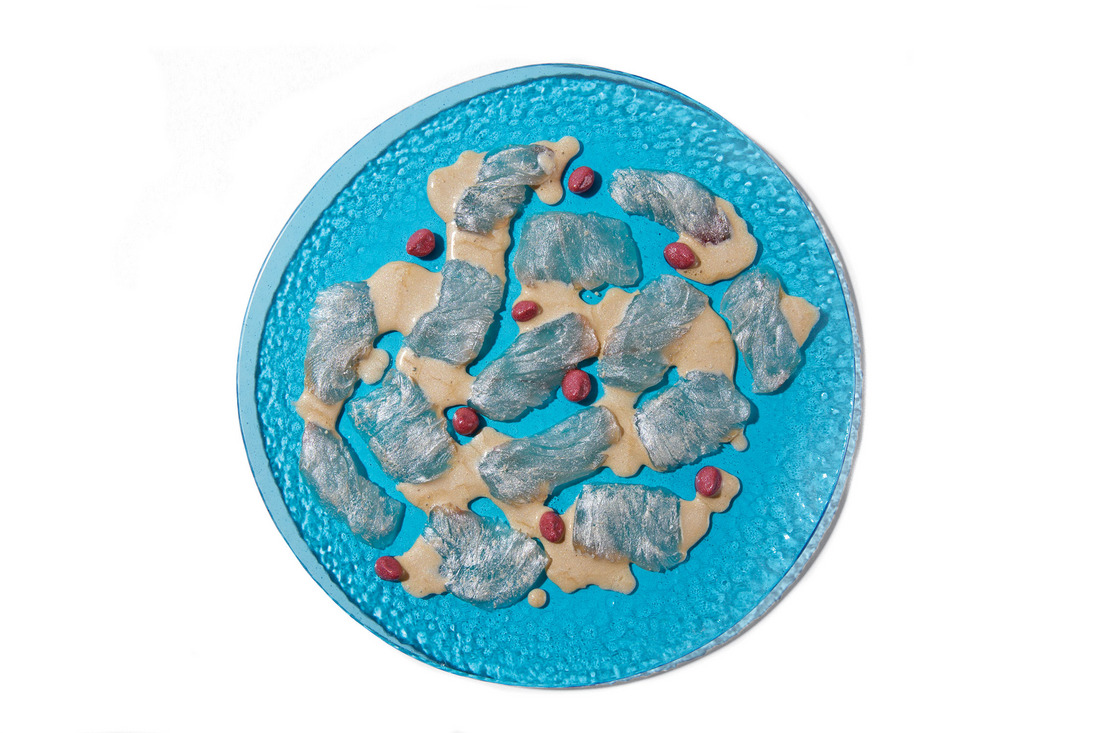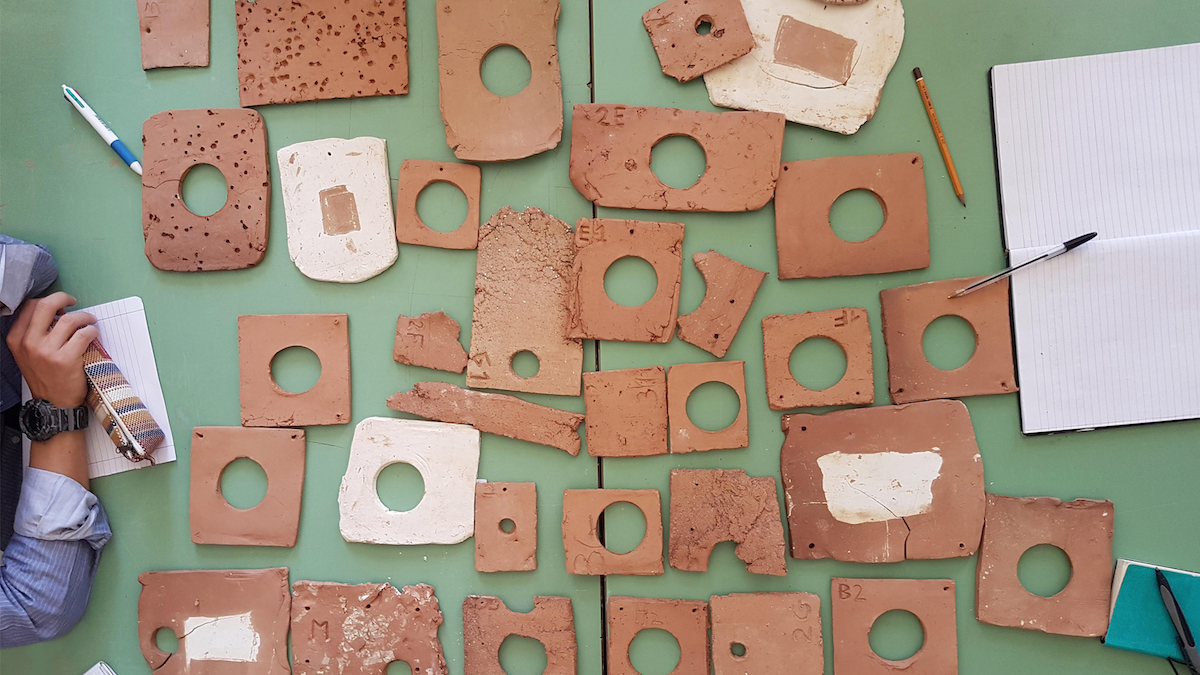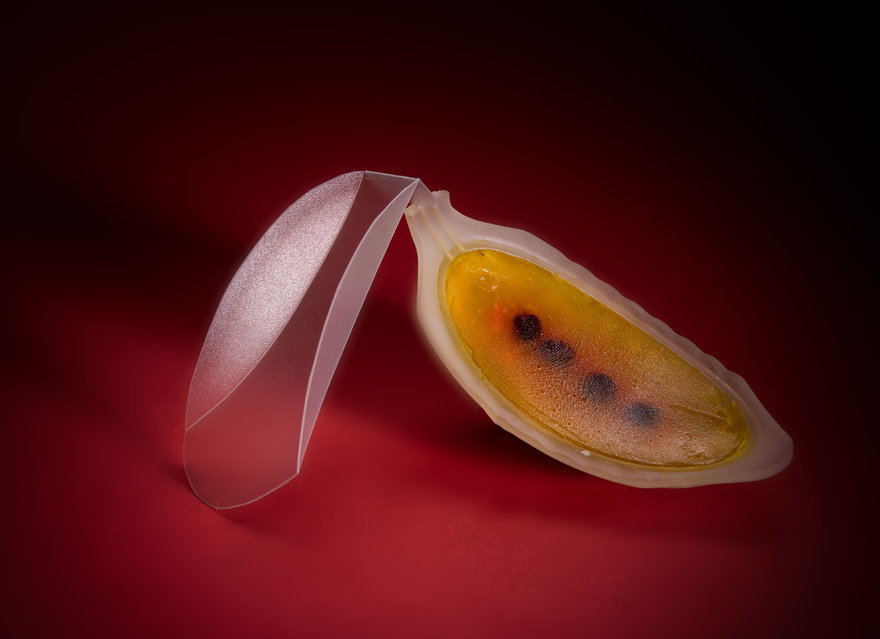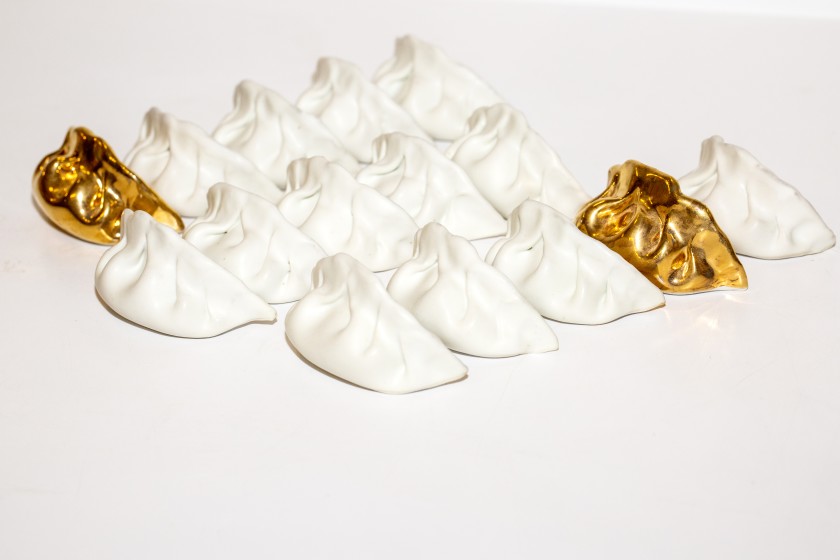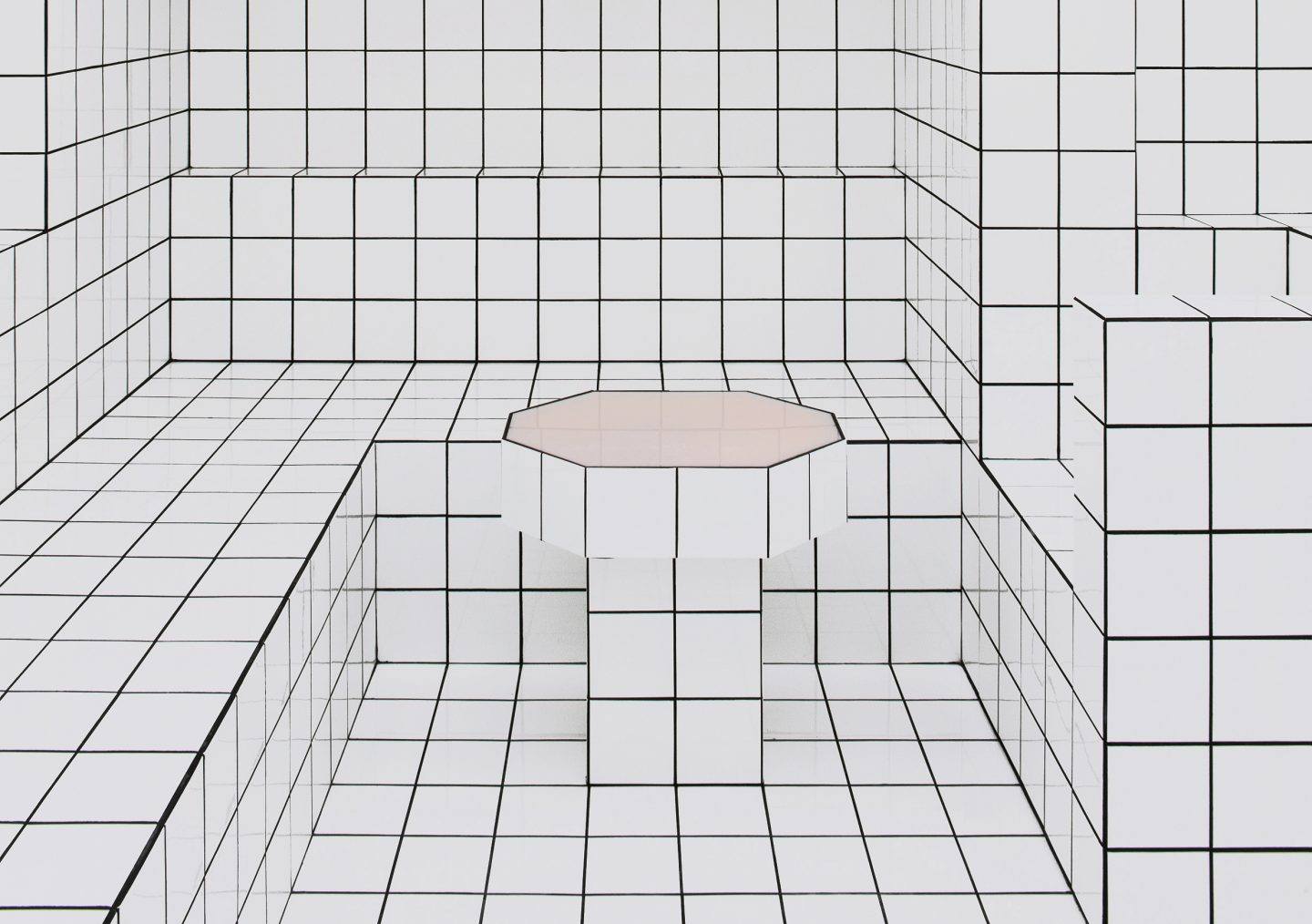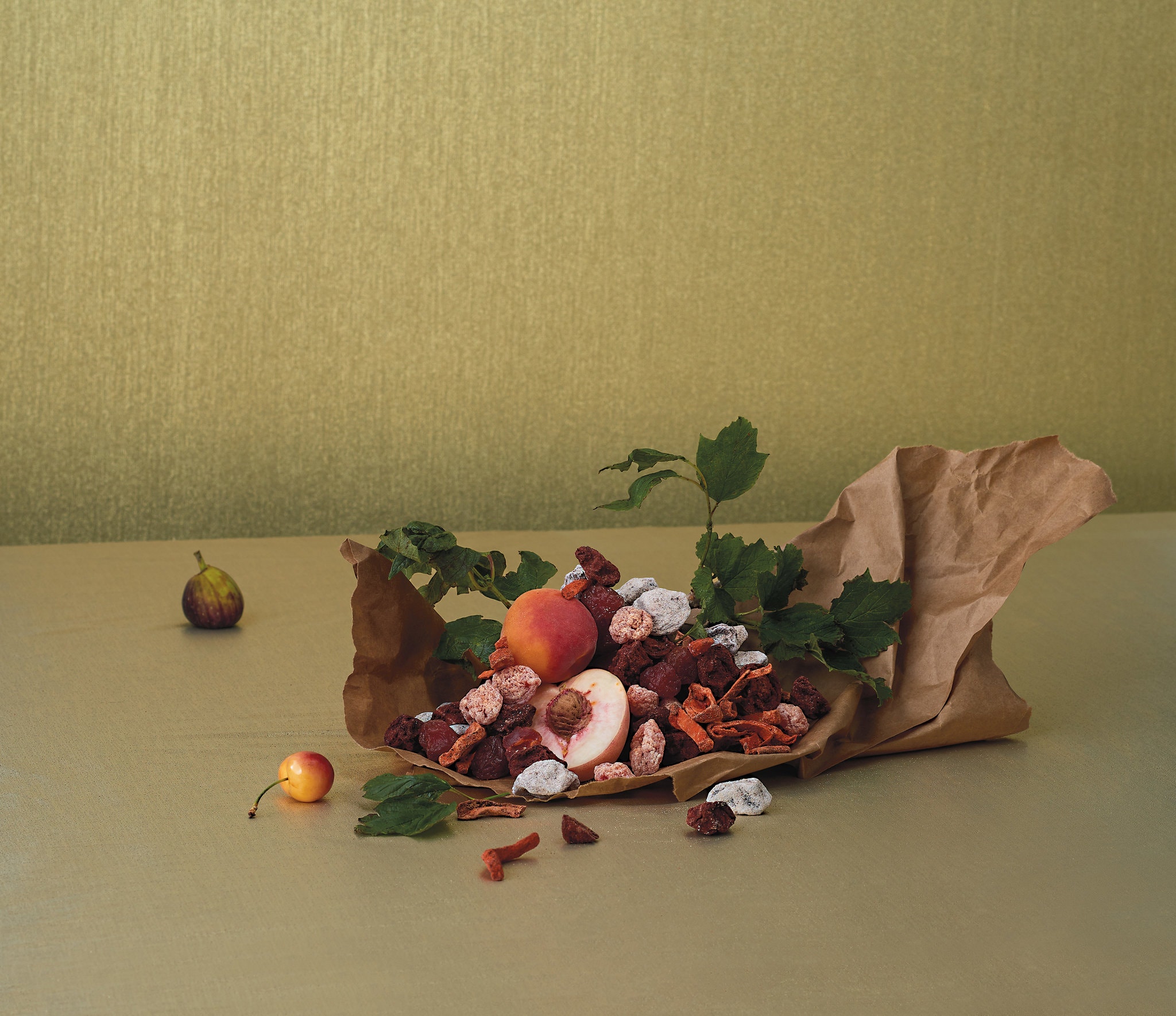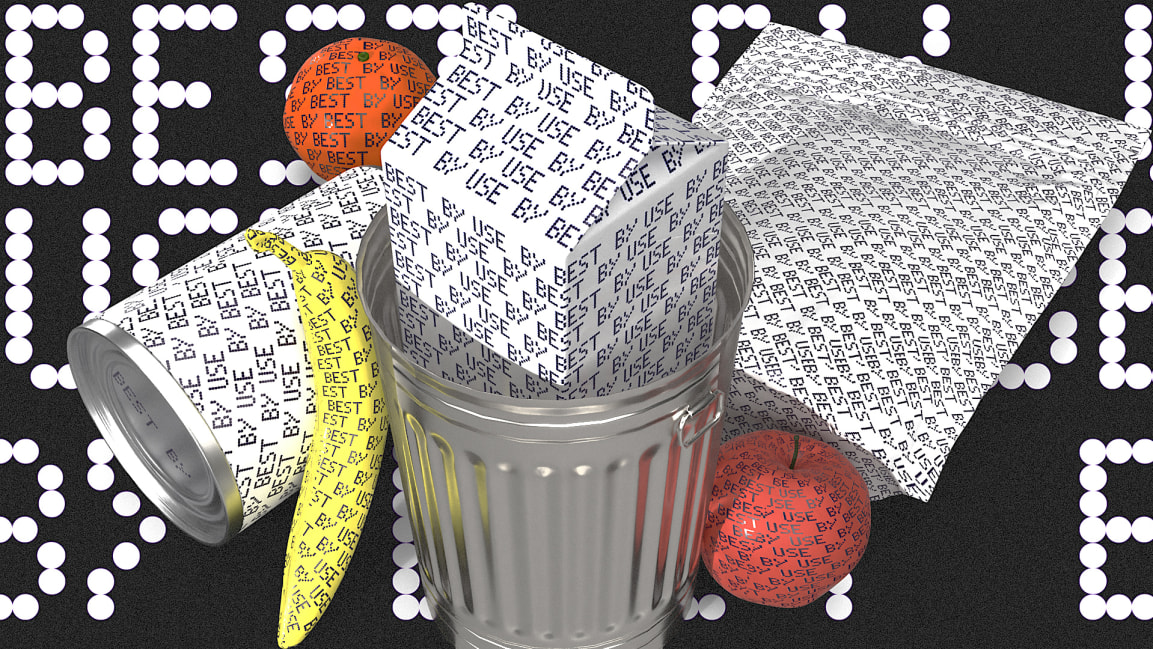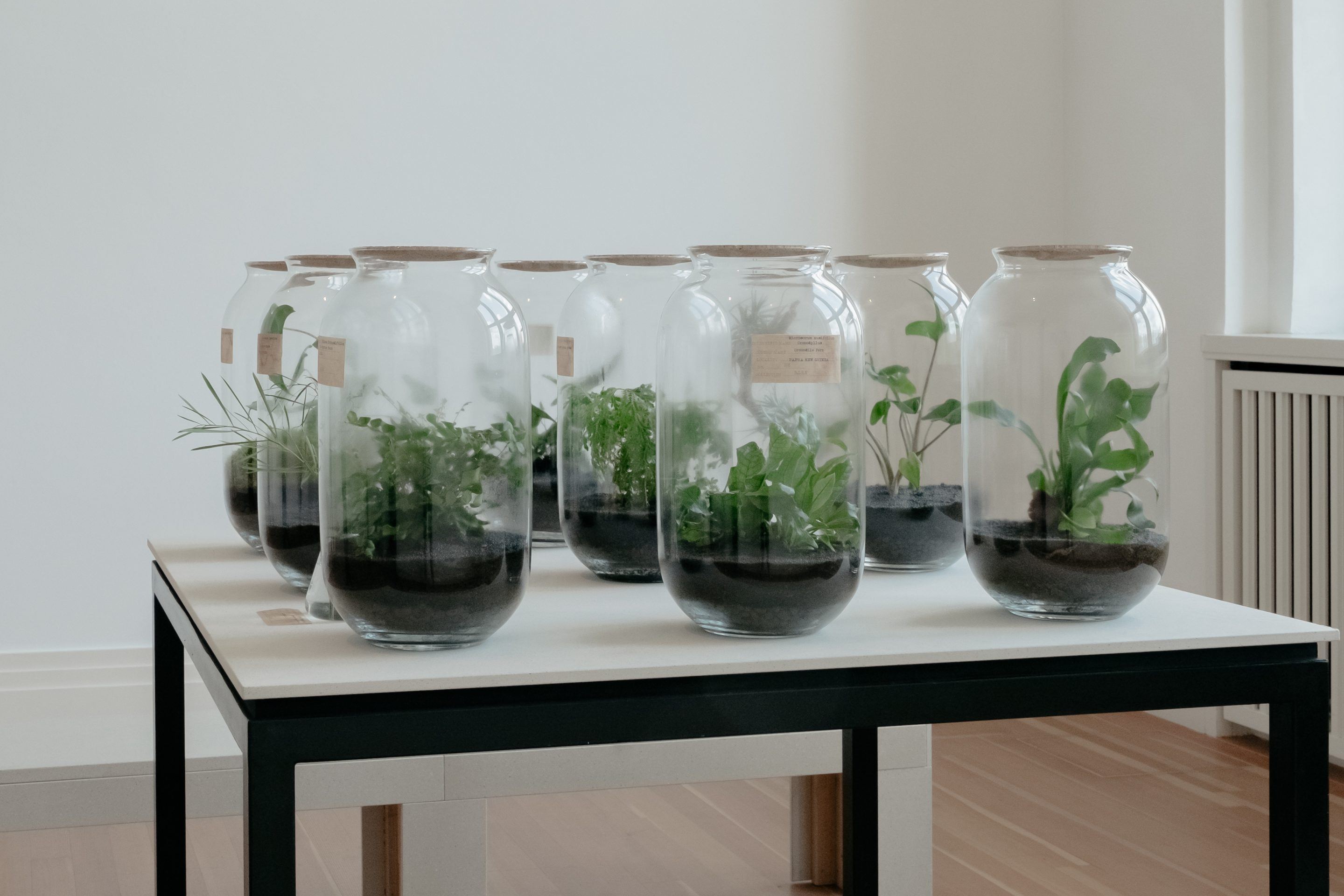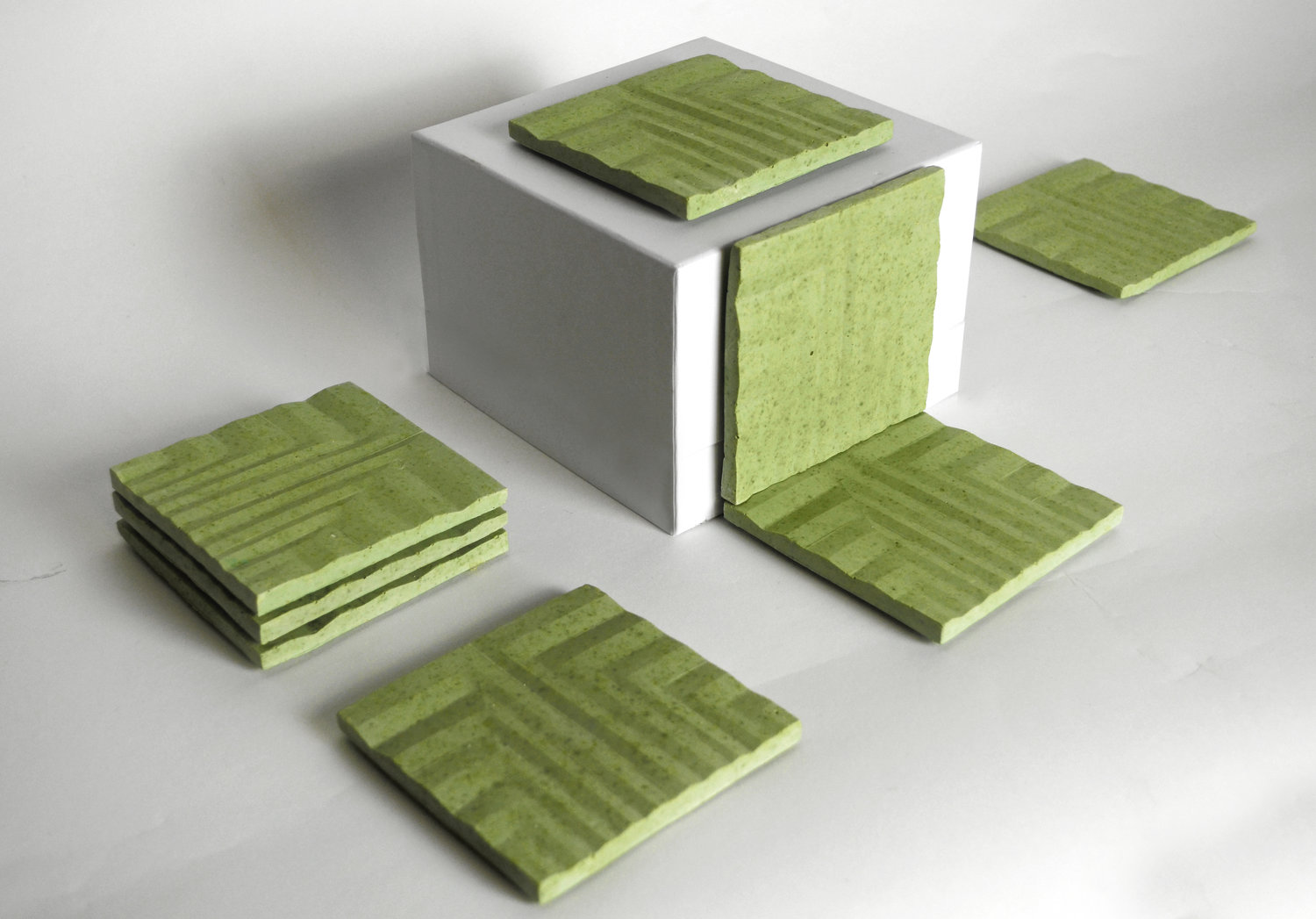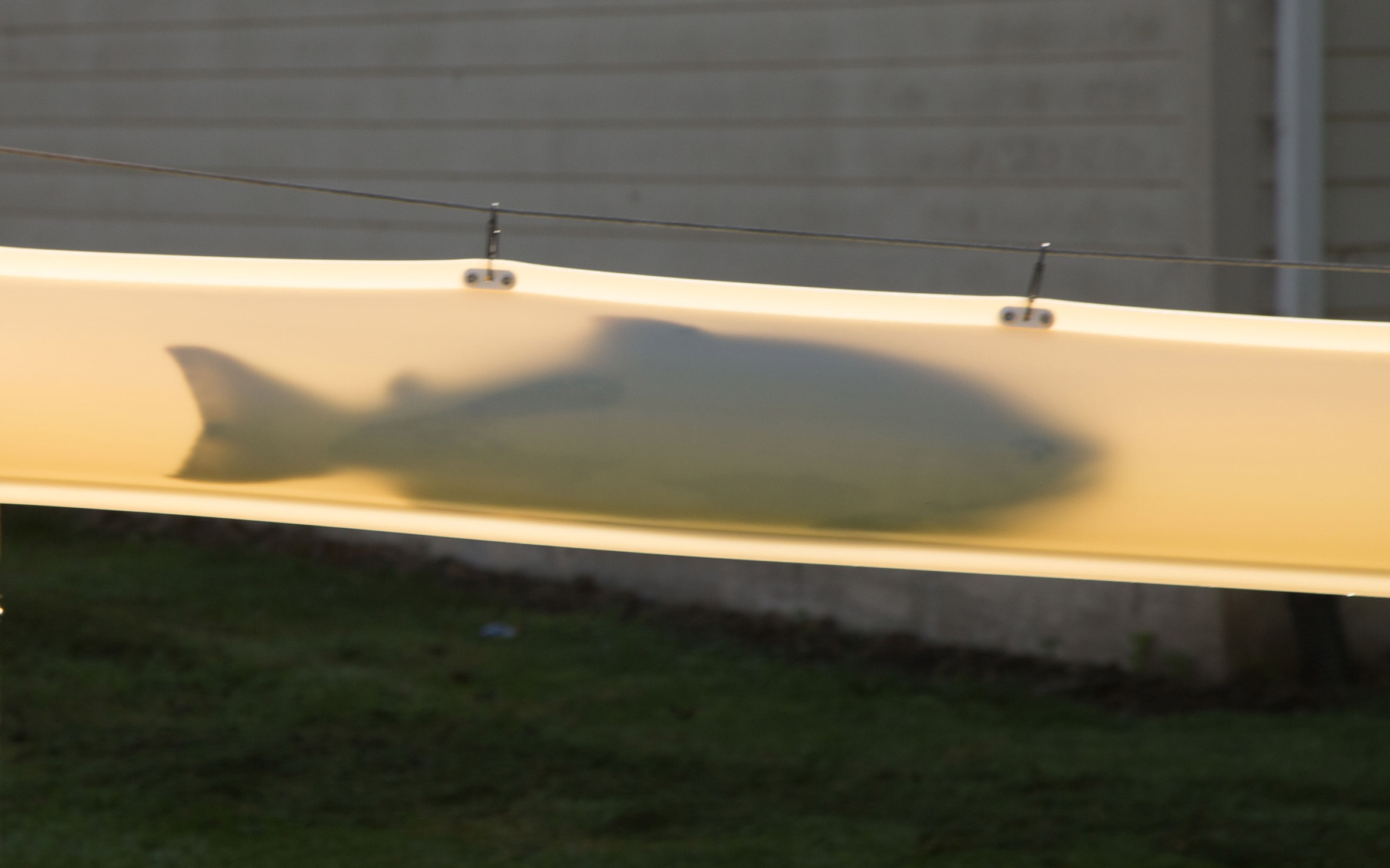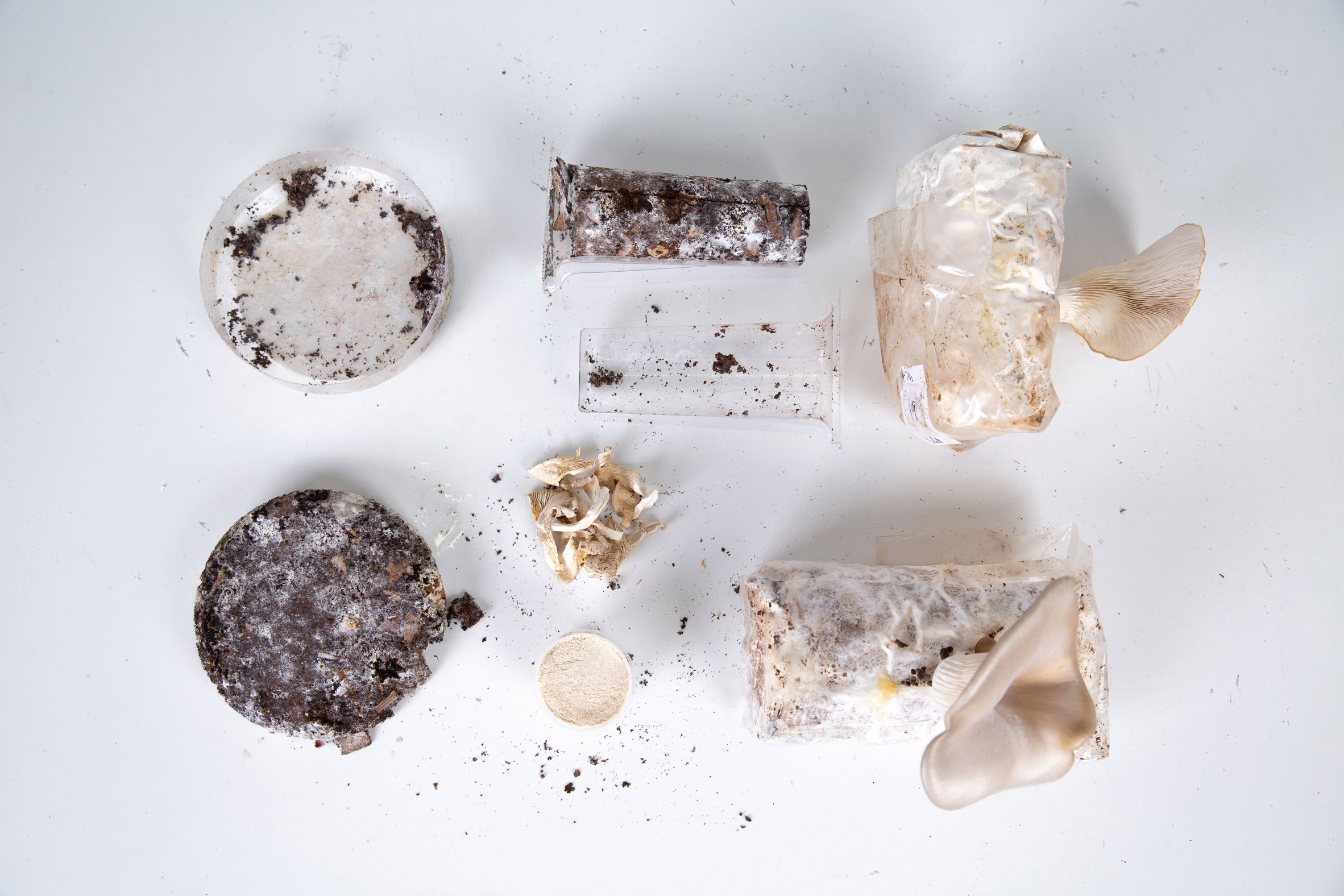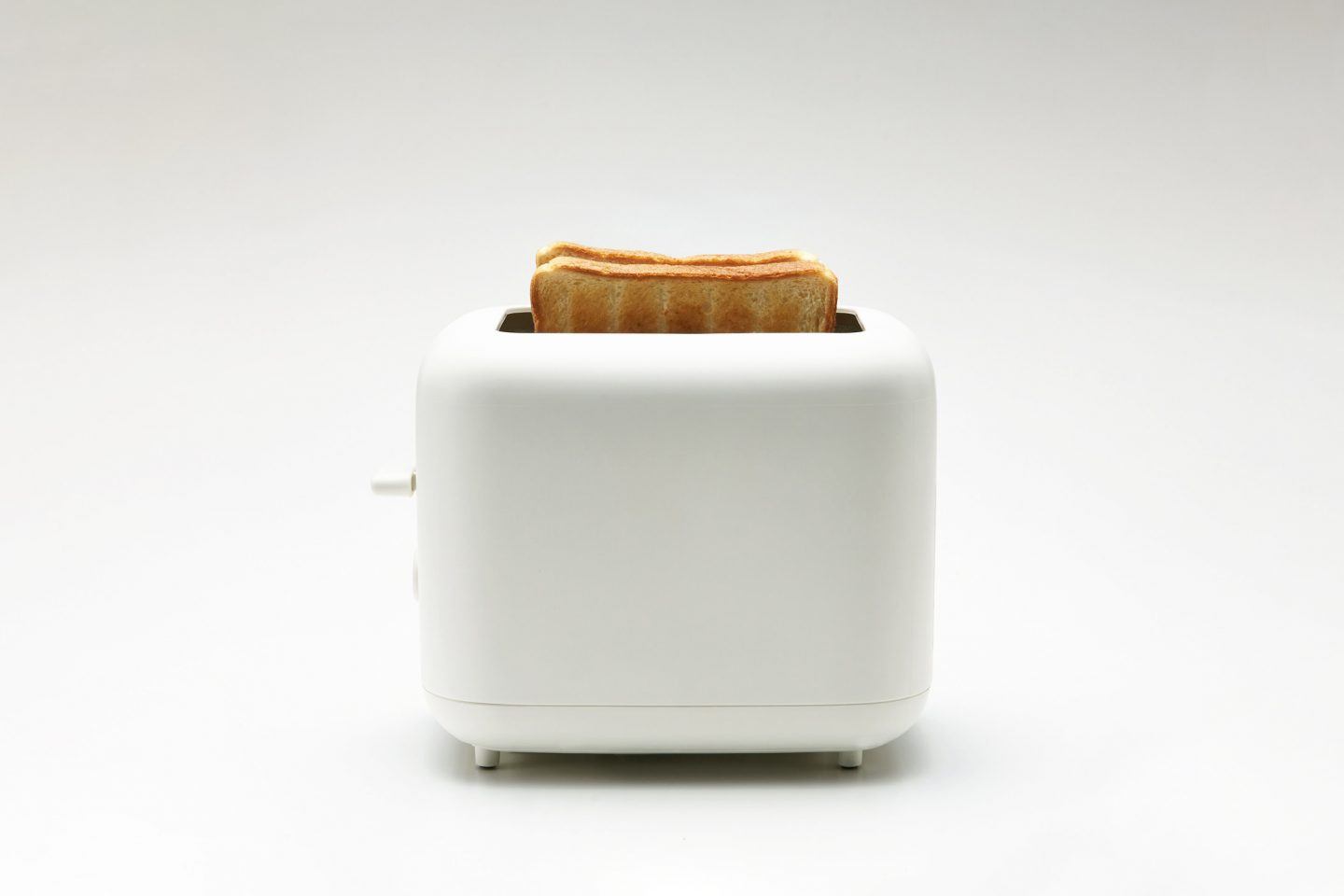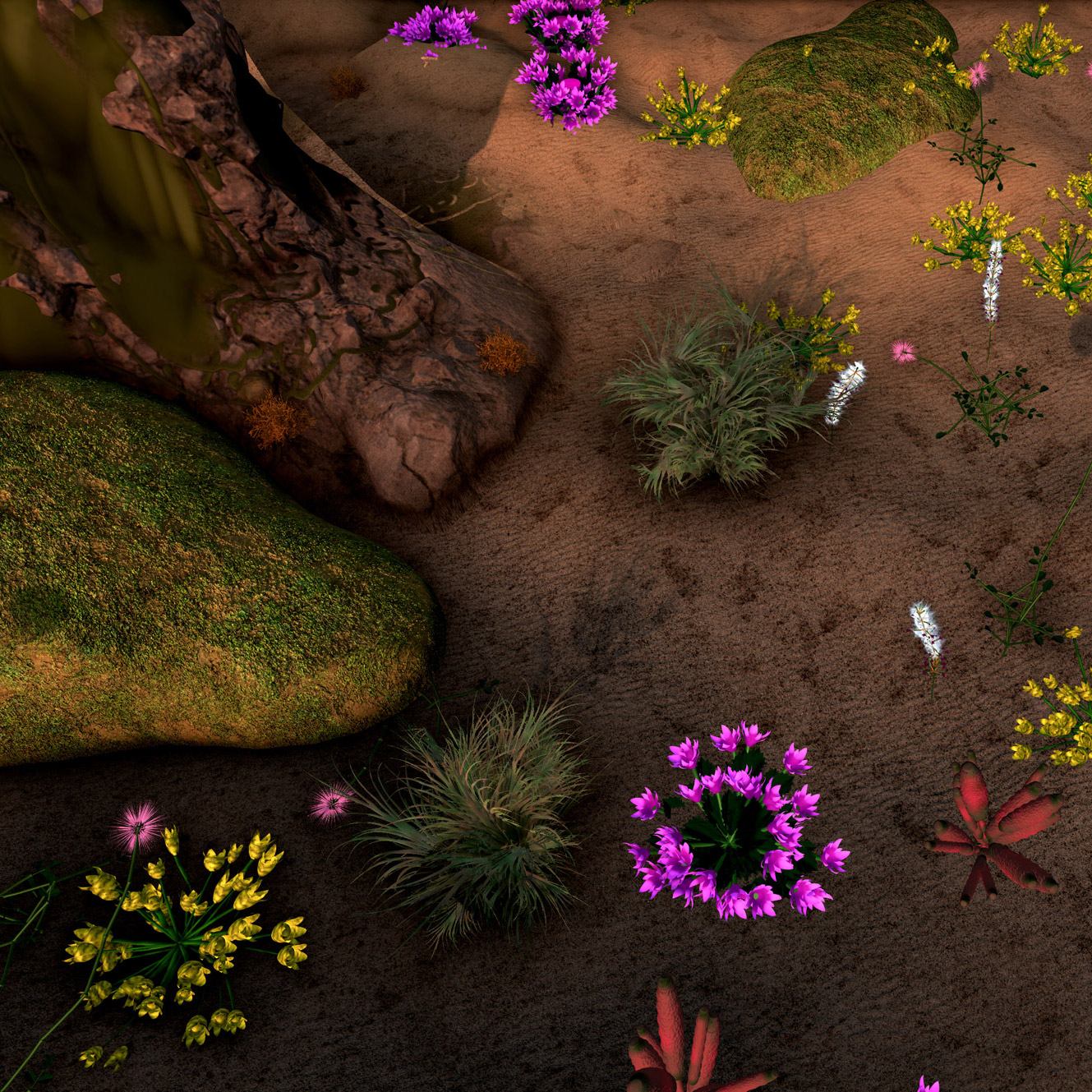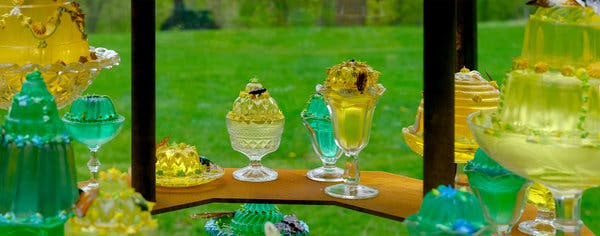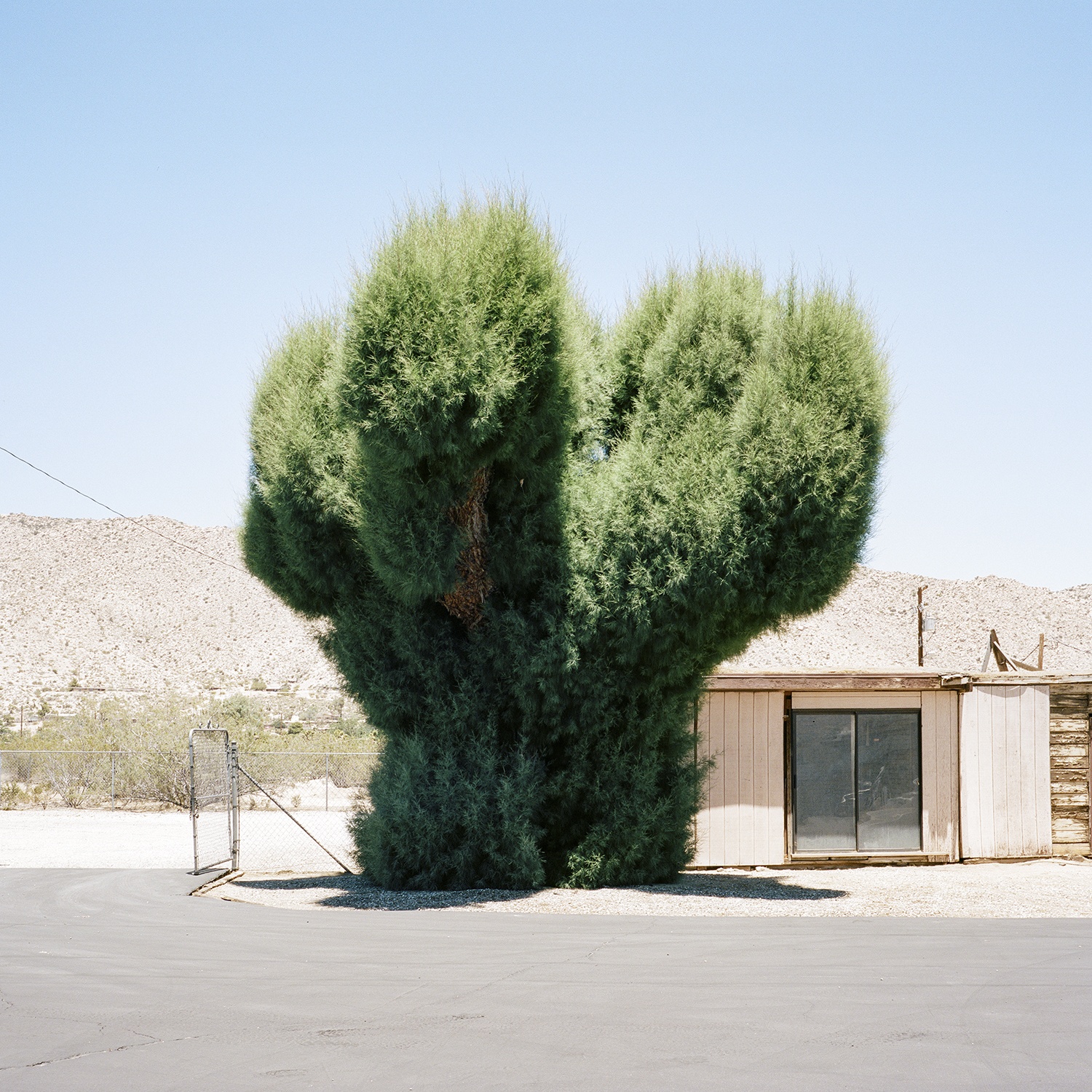Our weekly serving of off-the-menu items – a few popular favorites from the week, as well as a few morsels that may have slipped your notice.
Following the success of plant-based meats like the Impossible Burger, investors predict that insect protein is likely to follow suit. Not only is insect protein poised to become more popular, but business analysts posit that the edible insect market may be worth eight billion US dollars by 2030.
A Restaurant in Tokyo Becomes an Indoor Cave
Architect Ryoji Iedokoro’s new design for the Tokyo-based Nikunotoriko has transformed the restaurant into a cave-like space, complete with rough, stone walls and floors that resemble water. Although Nikunotoriko is one of many yakiniku restaurants in Tokyo (restaurants where customers grill small pieces of meat at their tables), Iedokoro hopes that the unique design will help set this establishment apart.
Designing for Hong Kong Food Culture
Niu Niu Tableware by designer Queenie Wong draws on the eating practices and food traditions of Hong Kong as inspiration for its form. Wong notes that she wanted to use “the essence of Hong Kong cuisine as design narrative,” a mission that led her to create tableware focused on serving dim sum. As an integral and complex part of Hong Kong culture, dim sum isn’t just a food, it’s also a symbol of social connections and communal practices, values that are reflected in Wong’s designs.
Agricultural Applications for Self-Driving Cars
Startup FarmWise and engineering firm Roush are partnering up to explore the possibilities for using autonomous vehicles to aid in farming. Coupled with artificial intelligence, self-driving robots might be able to take over some manual agricultural tasks. Even more notably, if autonomous robots can be used to perform tasks like weeding crops, this could help reduce gas emissions and chemicals from sprayed pesticides.
Inside the Mold-Eating World of Noma
Although René Redzepi’s name has become nearly synonymous with innovation and the upper echelon of culinary prestige, it can be difficult to peel back the layers of his fame and make his food seem accessible. Is Noma’s food as good as the hype would have us believe? And in an era of philosophy-driven chefs, does Redzepi actually practice what he preaches? Grubstreet’s Adam Platt reflects on his direct experience with Redzepi and Noma, and what he learned about the restaurant that’s become renowned for fermentation and sustainability.





